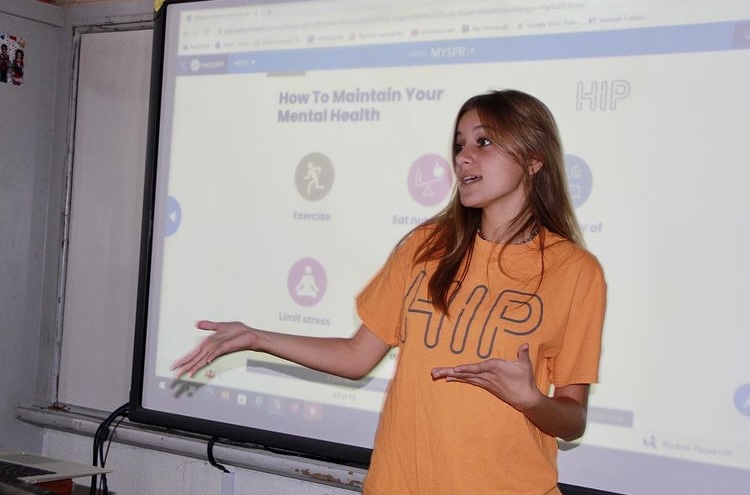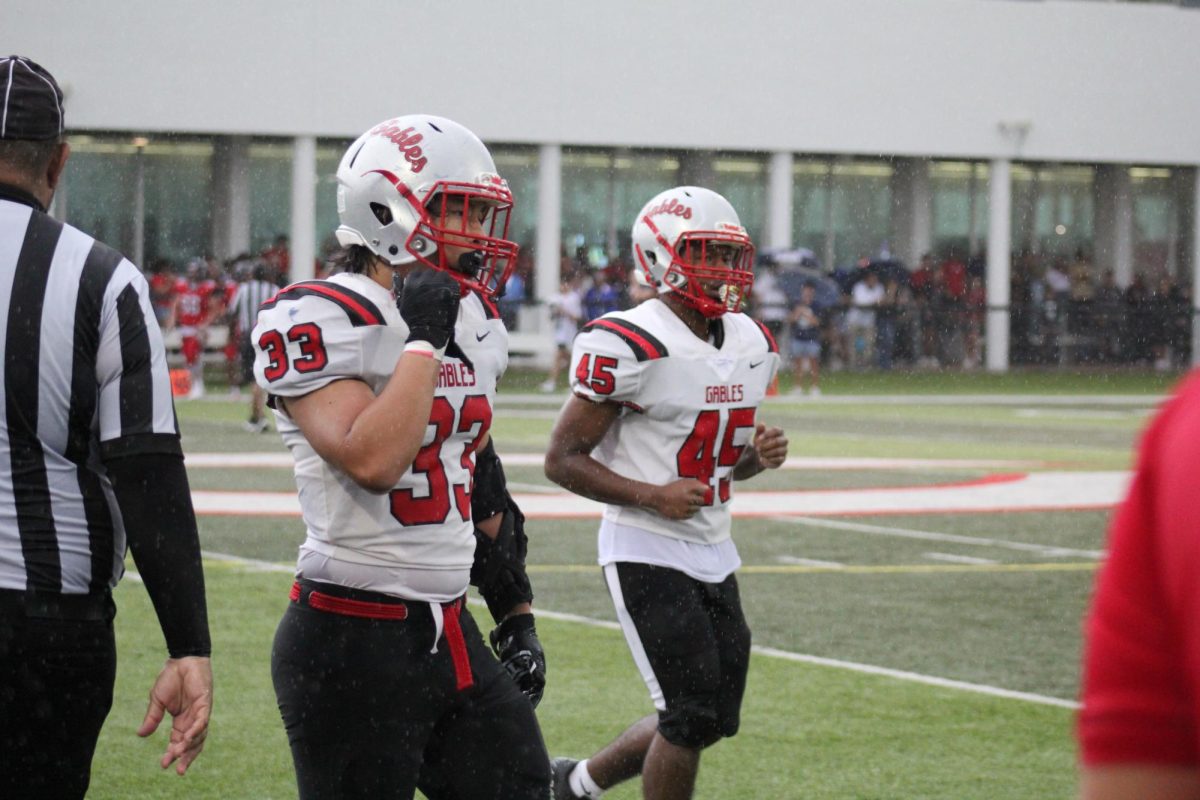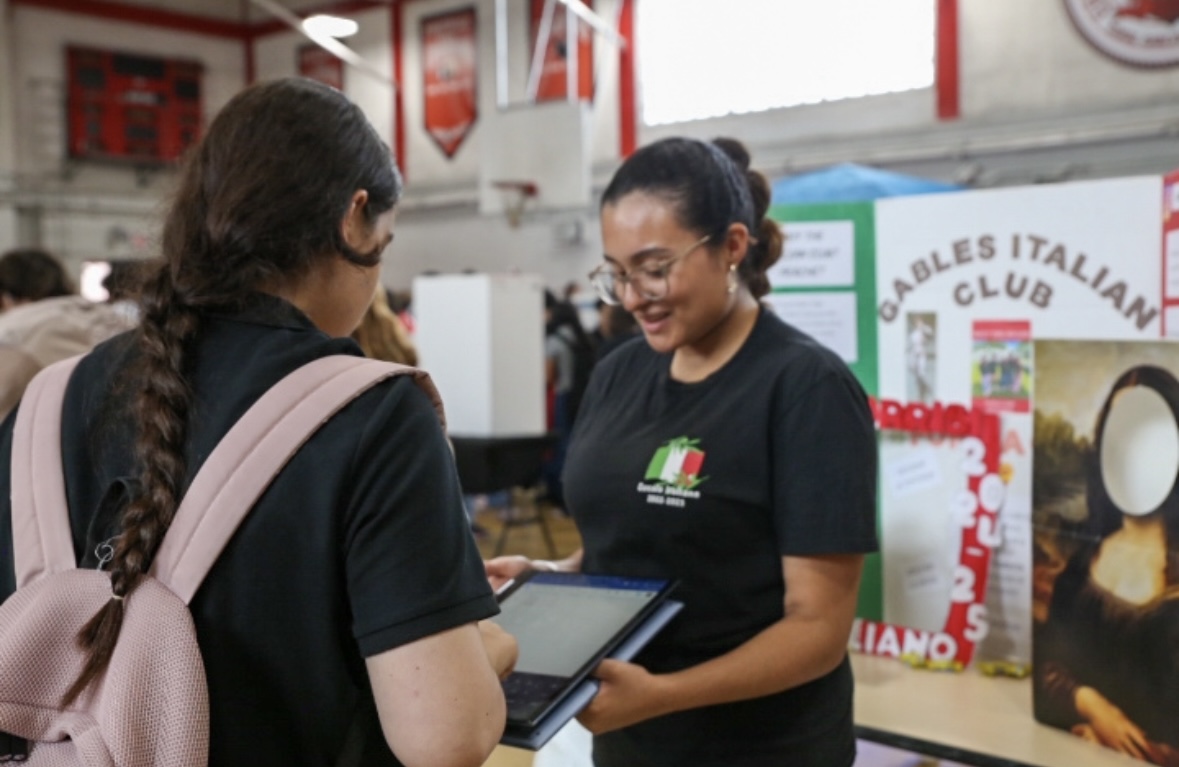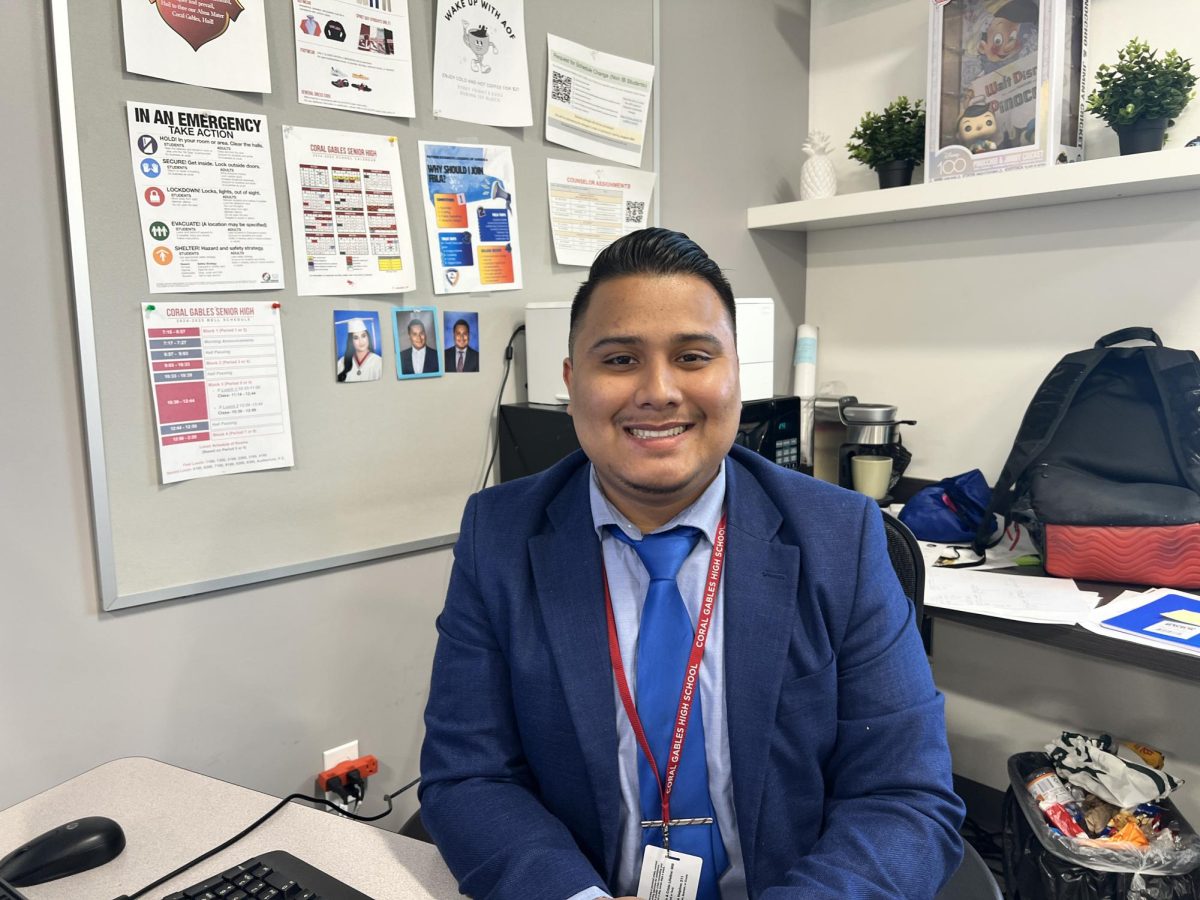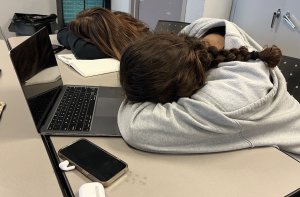HIP Controversy: Why is Sex Considered an Inappropriate Topic in Schools?
Recently, The Health Information Project was temporarily restricted from speaking about sexual health due to the implications of a an unjust bill famously known as “Don’t Say Gay”.
Apr 16, 2022
Often seen as an uncomfortable topic to talk about, sex can be polarizing and awkward, especially for teenagers. Fortunately, organizations like The Health Information Project aim to reduce the stigma surrounding sex and help students learn about their bodies in a non-judgmental and healthy way. HIP students communicate crucial information regarding sexual safety and mental health to their fellow students by conducting in-class presentations throughout Coral Gables Senior High and other schools in Miami Dade County.
While HIP has since provided a safe community full of resources for high schoolers, Florida policies have recently hindered students’ abilities to conduct HIP presentations on sexual health; a change which has taken profound toll on both the program and students learning from it.
A controversial Florida bill termed “Don’t Say Gay” by critics, the law states that students and teachers are not allowed to talk about sexual orientation or anything related in the classroom. This homophobic law caused parents to question if HIP was allowed to present sexual content to students without their permission. While this was a legitimate concern, obtaining permission from every student’s parents is virtually impossible and would make it difficult for HIP to be able to continue its presentations. Luckily, HIP finally got official consent and was able to present again but sexual health was removed from the program, furthering the stigma that is deeply harmful to adolescents.
Furthermore, the services that HIP offers at Gables are also extremely important because students have a right to know how to practice safe sex. It is clear that simply promoting abstinence will not cut it, given that 57 percent of high school seniors have had sexual intercourse. Thus, it is imperative that students become aware of the consequences that come with being sexually active.
Many schools around the nation still only teach abstinence in the form of a purposeless sex education class. In contrast, HIP is trying to shift the rhetoric on sex by teaching students about crucial information such as sexually transmitted diseases, pregnancy and how to avoid them either through abstinence or viable protection.
The idea that controversial or difficult subject matters should be restricted also sadly applies to anything remotely sexual. For example, sexual health is usually viewed as an age- inappropriate or uncomfortable topic to discuss in schools. However, it is imperative for school boards around the country to push past those preconceptions and realize that students should feel comfortable reaching out if they ever need help, even if the issues they concern their sexual health.
“I appreciate how HIP tries to reach people through peer to peer presentations and it’s not fair towards students for the Florida state to intervene with our mental health since that will only harm the school community,” sophomore Ashley Lemus said.
In fact, these outdated views on sex education got so ridiculous that they even resulted in questioning whether students should have proper knowledge about ovarian cancer or sexual assault. To prevent the instruction of this kind of knowledge not only disturbs HIP’s purpose but is a what allows sexual assault to continue or cancer to go unnoticed. For the Florida legislature to even attempt to restrain that information from its youth is therefore a direct attack on public health and the safety of students.
The temporary ban of HIP’s presentation on sex-related topics also led to a delay in presentations. Students that participate in HIP are now constantly missing class because of some nonsensical deliberation on whether students should have access to necessary information about their health, safety and wellbeing.
HIP is making strides towards giving students a community where they do not feel alone. Whether it is about sexual health or establishing self-esteem, both deserve equal attention and a platform to bring healthy conversations to the table.


